The Virgin Mary is depicted in bust form, according to the classical iconography of the Mater Dolorosa or the Virgin of the Annunciation. Her gaze is directed downwards, in an attitude of contemplation and spiritual meditation. Her delicate hands are crossed over her breast in a gesture of devotion and divine acceptance, a traditional posture illustrating humility and submission to God's will.
The figure stands out against a uniform greenish background, typical of devotional panels of this period, with a landscape sketched in the background to the left, suggesting spatial depth according to Renaissance conventions.
The work is distinguished by its refined and harmonious color palette:
- **The cloak:** a deep, luminous blue, characteristic of lapis lazuli or azurite pigment, a traditional symbol of the Virgin Mary
- **The dress:** a sumptuous orange-red enhanced with darker shades, creating a delicate modeling of the drapery
- **The veil:** a translucent light blue covering the blond hair
- **The skin tones:** remarkably subtle, with delicate pink tones on an ivory complexion, revealing the artist's mastery in rendering skin
- **The jewelry:** a gold bracelet on the wrist and a gold-embroidered collar, attesting to the refined execution
The tempera technique on panel, a classic method before the widespread adoption of oil painting, lends the whole a particular luminosity and precision of detail.
Graphic Details and Artistic Qualities
- Subtle modeling of the face with delicate sfumato
- Refined treatment of the wavy hair
- Delicate hands with tapered fingers
- Ample, naturalistic drapery revealing an understanding of anatomy
- Delicate gilding on the clothing ornaments
- Period craquelure attesting to the work's age
**Attribution and Visual Expertise**
Stylistic analysis suggests several possible attributions:
**Italian School** (most likely): The facial features, the softness of the features, the treatment of skin tones, and the color palette evoke the workshops of:
- Tuscany or Umbria, in the tradition of Perugino or the young Raphael
- Possible Venetian or Lombard workshop, influenced by Bernardino Luini
- Follower of the Late Renaissance masters
- Support: Wood panel (probably poplar, a preferred wood in Italy)
- Approximate dimensions: 39 x 29 cm
- Panel thickness indicating an old support
- Traces of old restorations visible on the edges
**Condition**
Very good condition,
- Surface craquelure consistent with age
- Some minor losses and wear on the edges
Private devotional painting that likely belonged to an aristocratic or bourgeois family. This type of work was intended to adorn private oratories or bedrooms. The quality of execution suggests it was commissioned from a renowned workshop.
**Historical and Artistic Context**
In the 16th and early 17th centuries, representations of the Virgin Mary experienced considerable growth, particularly after the Council of Trent (1545-1563), which encouraged religious art. These devotional panels, intended for private meditation, were produced in large numbers in Italian workshops and distributed throughout Catholic Europe.
The asking price is justified by:
- The age and authenticity of the work (16th-17th century)
- The quality of execution and the pictorial refinement
- The rarity of tempera on panel from this period on the market
- The significant iconographic subject
Shipping and insurance information:
All our packages are handled by MBE (Mail Boxes Etc.) Narbonne, guaranteeing careful and perfectly secure packaging.
Shipping is then handled by UPS, FedEx, or GLS, ensuring reliable and tracked delivery worldwide.
For all purchases exceeding €4,000, an ad valorem insurance policy is automatically taken out with Trans-Pass, thus providing optimal coverage for your purchase throughout its entire journey.
#AncientPainting #ItalianRenaissance #TemperaOnPanel #VirginPraying #ItalianSchool #16thCentury #17thCentury #ReligiousArt #ReligiousPainting #ChristianIconography #SacredArt #WoodenPanel #MaterDolorosa #RenaissanceArt #BaroqueArt #OldMasterPainting #ItalianSchool #DevotionalArt #CollectibleArt #Proantic #ReligiousAntiques #ChristianHeritage #AncientArt #PrivateCollection #AuthenticWork



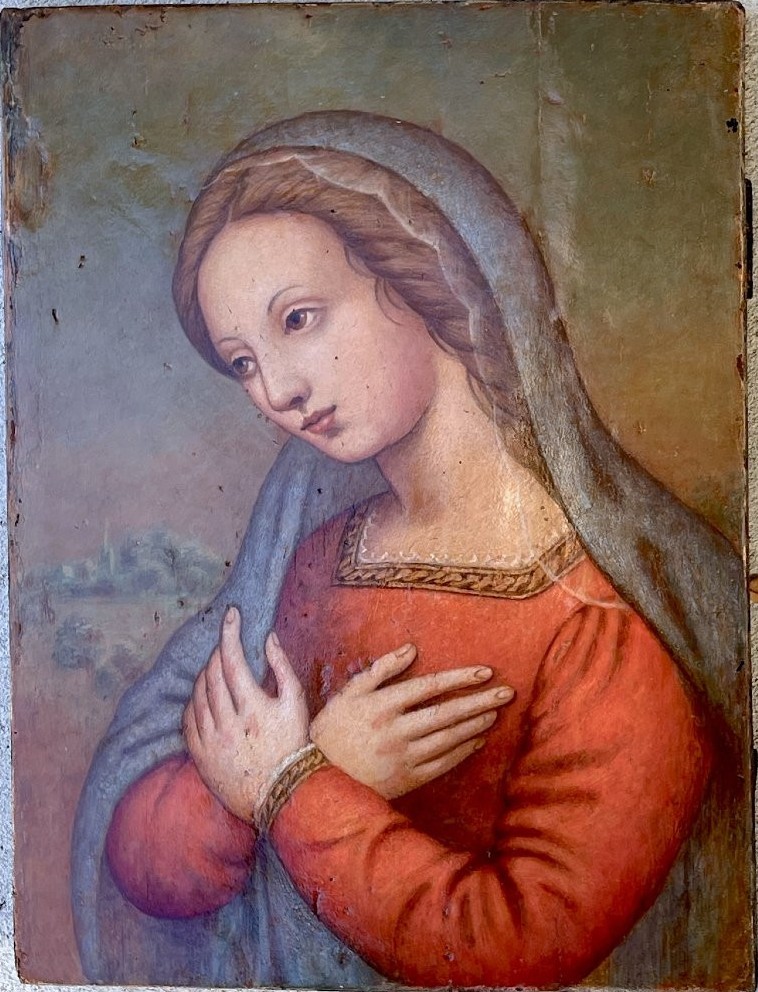
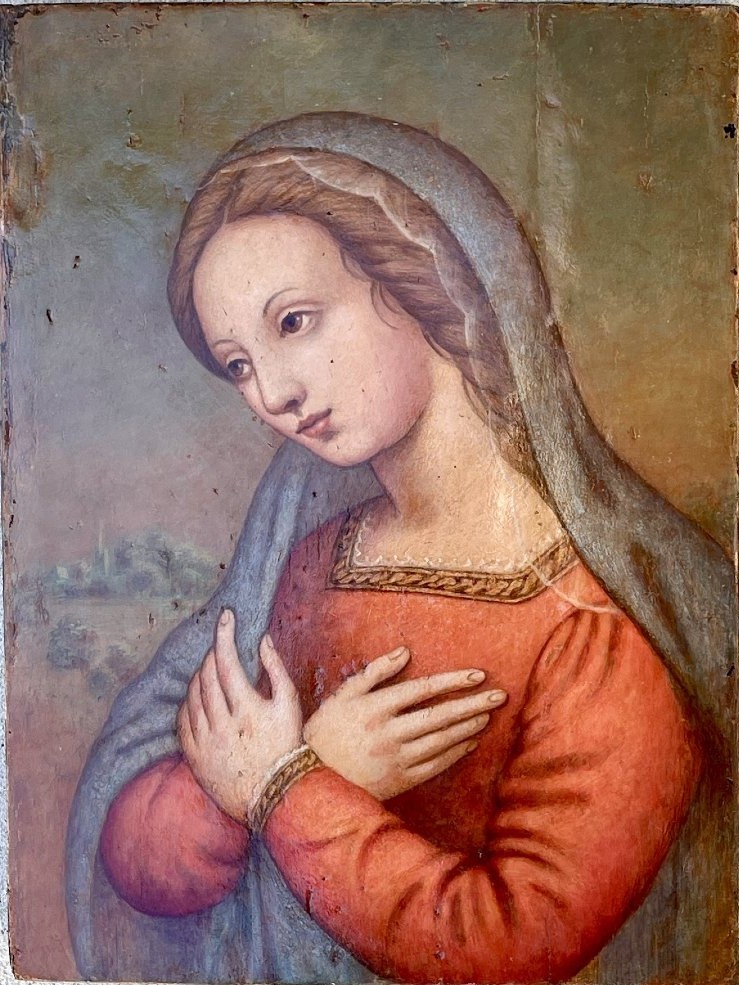
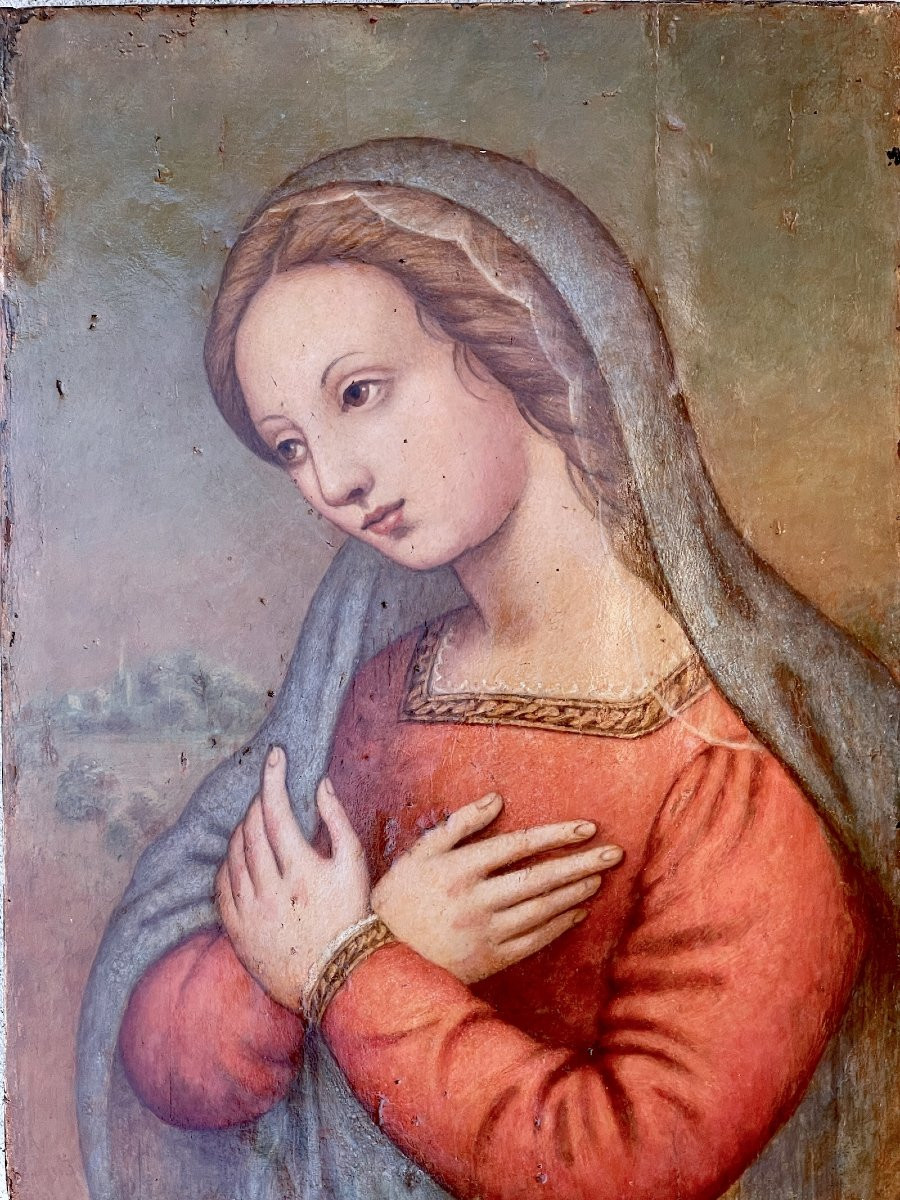

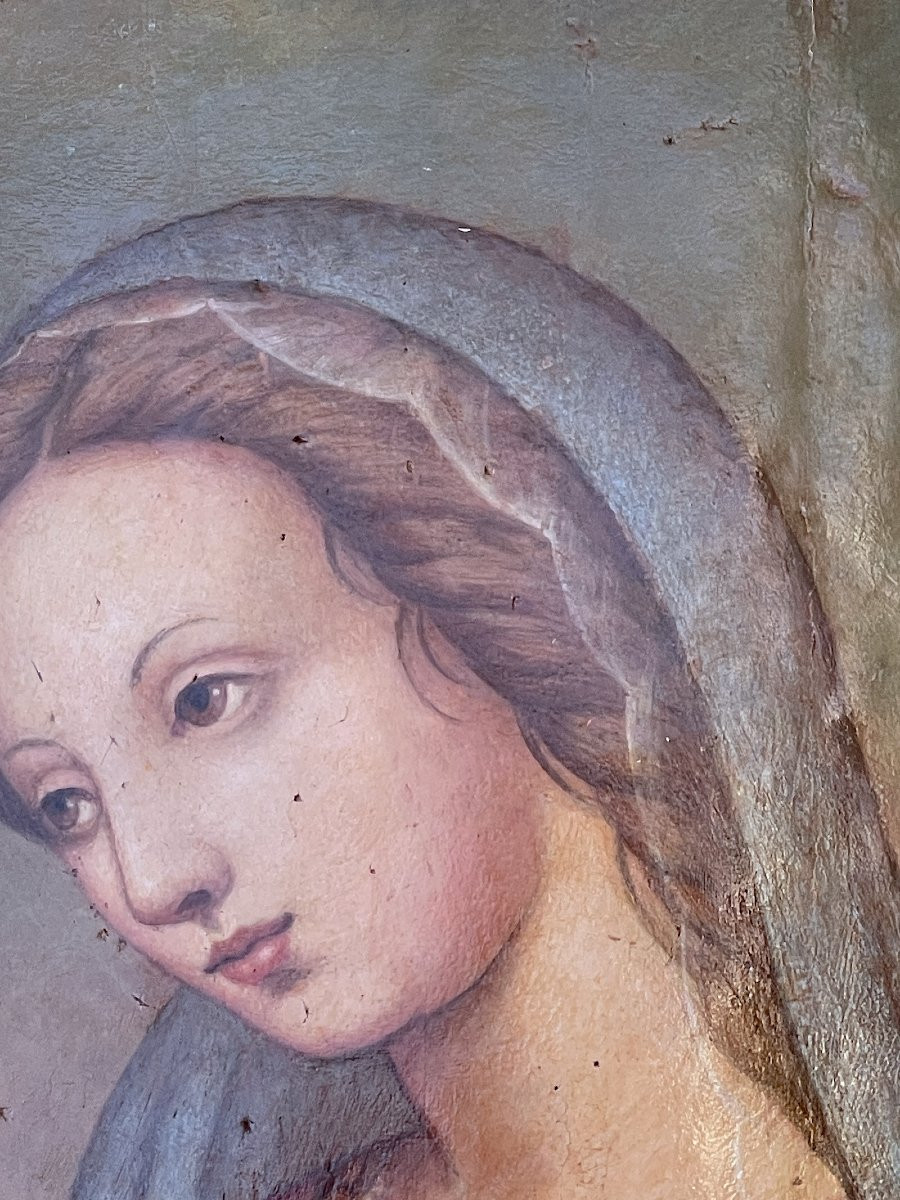
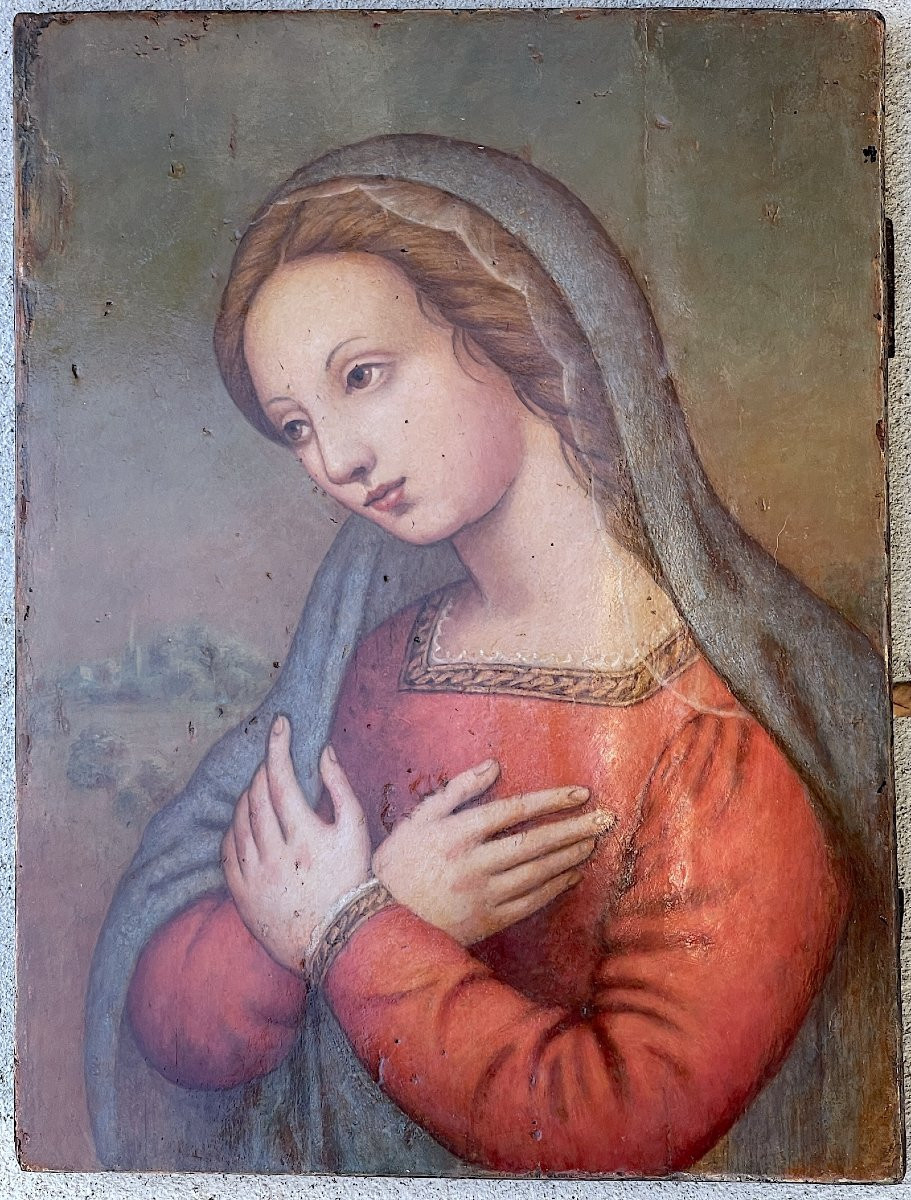
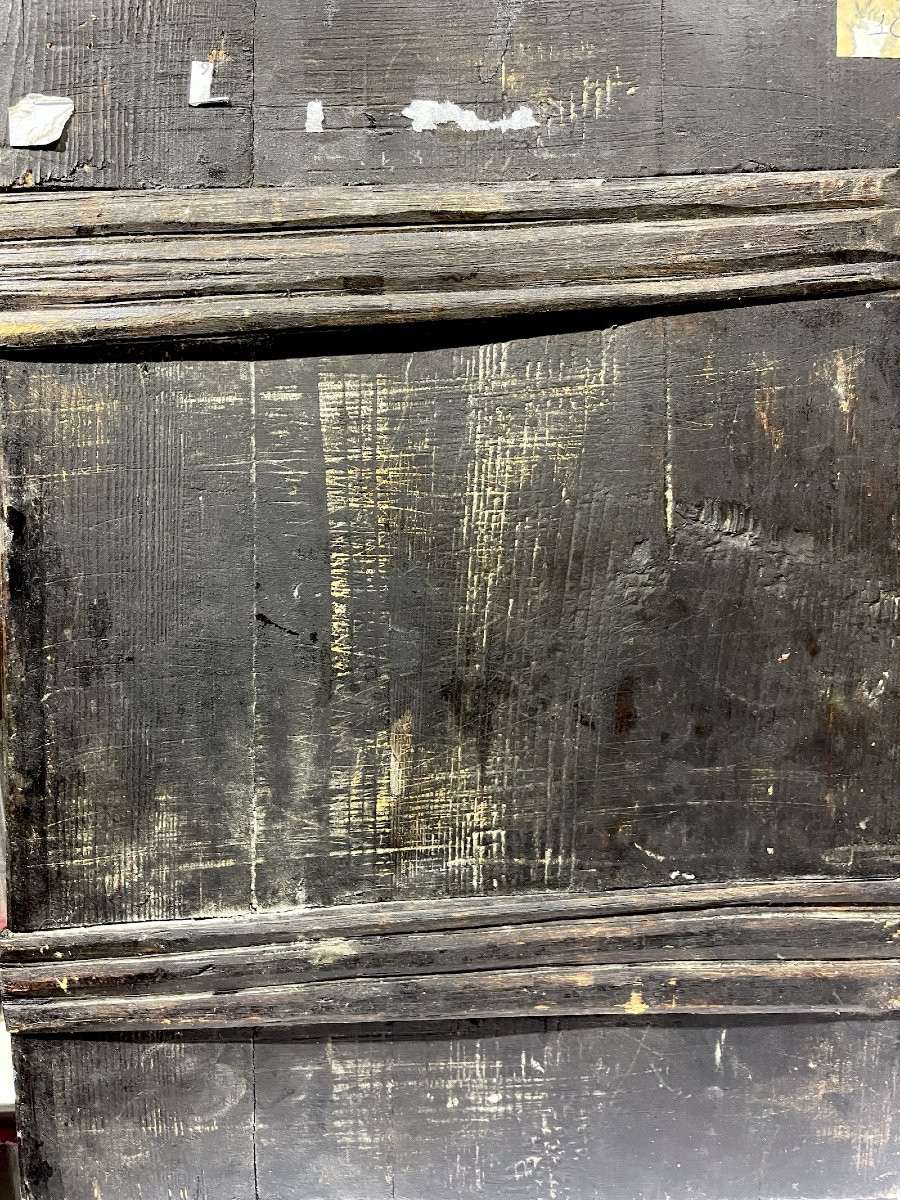

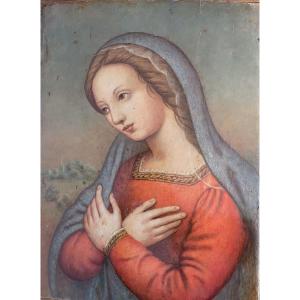









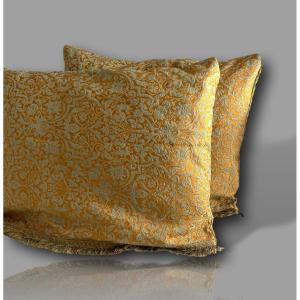

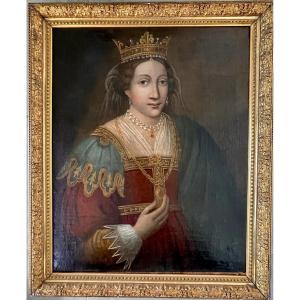



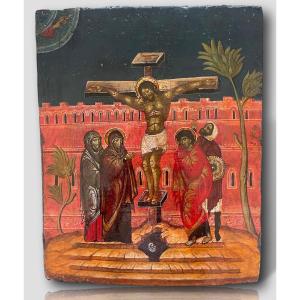



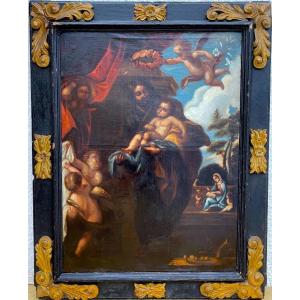






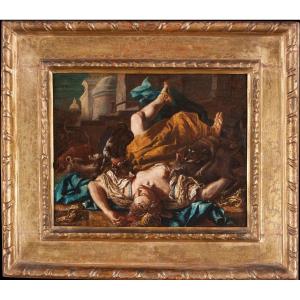



 Le Magazine de PROANTIC
Le Magazine de PROANTIC TRÉSORS Magazine
TRÉSORS Magazine Rivista Artiquariato
Rivista Artiquariato